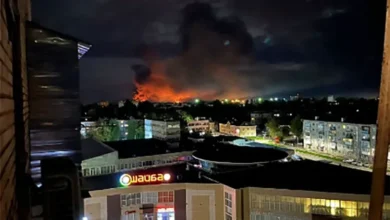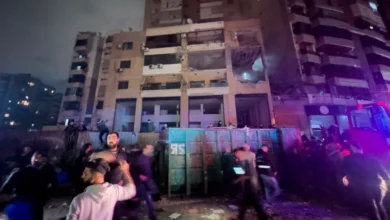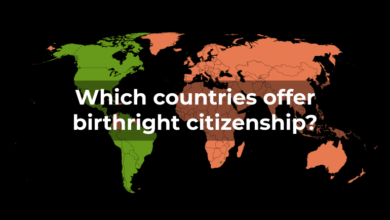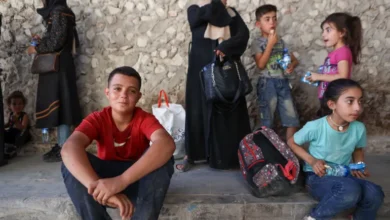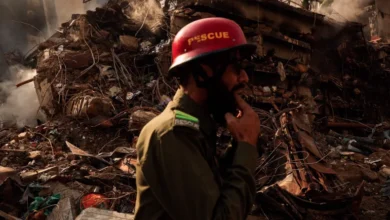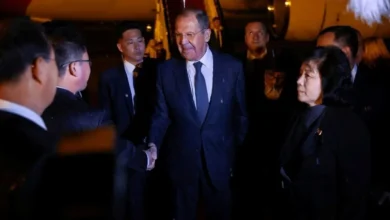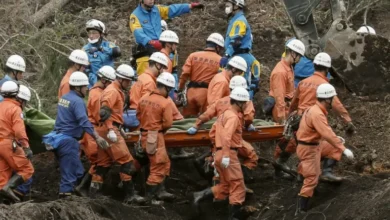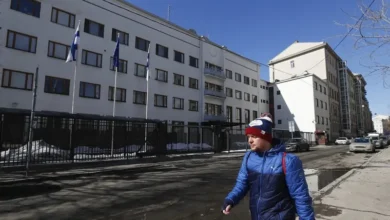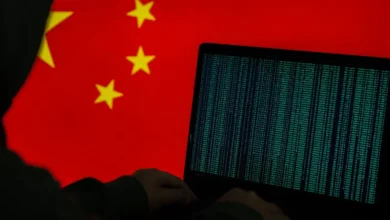US designates Russian Wagner mercenary force a crime organisation
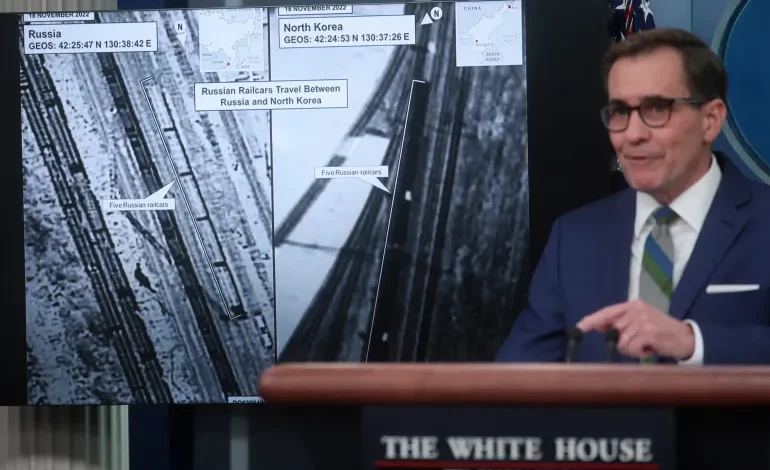
The United States has designated Russia’s Wagner mercenary group as a “transnational criminal organisation”, piling pressure on the private army that has recruited tens of thousands of Russian prisoners to fight in Ukraine.
White House national security spokesperson John Kirby said on Friday that Wagner, controlled by Yevgeny Prigozhin, a businessman close to Russian President Vladimir Putin, had about 50,000 fighters in Ukraine, 80 percent of them drawn from Russia’s prison system.
Wagner “is a criminal organisation that is committing widespread atrocities and human rights abuses”, Kirby said.
“We will work relentlessly to identify, disrupt, expose and target those who are assisting Wagner,” he said.
Kirby also showed US intelligence photographs of North Korea apparently supplying arms to Wagner for its Ukraine operations, and said the private mercenary force has become a rival to the formal Russian military.
The photographs, from November 18-19, show Russian rail cars entering North Korea, picking up a load of infantry rockets and missiles, and returning to Russia, Kirby said. He said the US Treasury was formally designating Wagner as a transnational criminal organisation, putting it in league with the Italian mafia and Japanese and Russian organised crime.
The designation will allow a wider application of sanctions against the group’s sprawling global network, which includes mercenary operations as well as businesses in Africa and elsewhere.
Declaring Wagner a “Transnational Criminal Organization” under US executive order 13581 freezes any US assets of Wagner and prohibits US nationals from providing funds, goods or services to the group.
Kirby also said the US had presented its intelligence on Wagner’s North Korean arms purchases to the United Nations Security Council’s unit on North Korea sanctions. The arms transfers from North Korea are in direct violation of UN Security Council resolutions, he said.
Wagner owner Yevgeny Prigozhin last month denied taking delivery of arms from North Korea and characterised the report as “gossip and speculation”.
